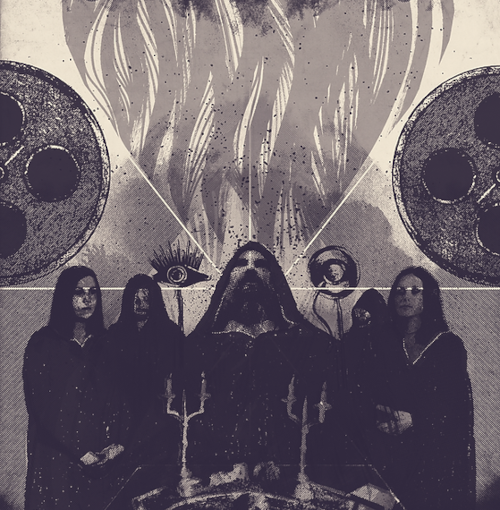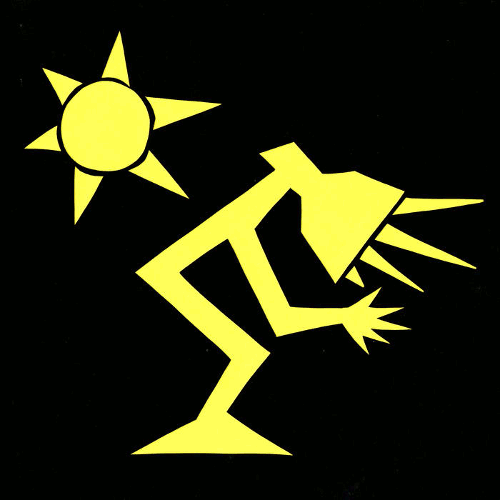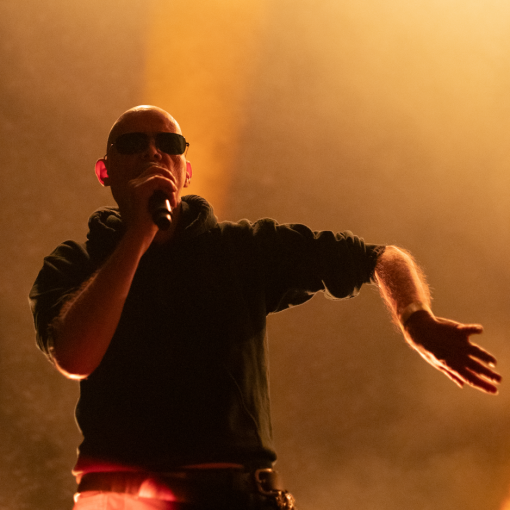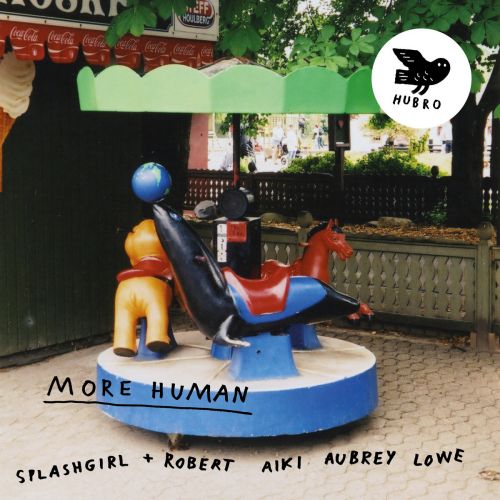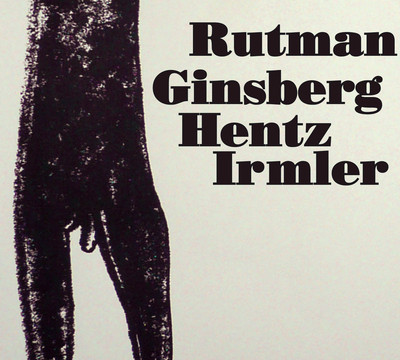 Listening to new Klangbad releases is like visiting a beer festival – no two releases are ever the same yet none of them are ever less than enjoyable, and many prove quite intoxicating. This month sees two almost simultaneous releases, both by ad hoc quartets that feature Klangbad boss and Faust organist Hans-Joachim Irmler. While B.I.L.L. are presented as a democratic foursome, this similarly improvised release gives star billing to Bob Rutman, inventor of what’s intriguingly described as the “largest string instrument ever made”, and the results are a very different proposition to B.I.L.L.’s airy geometry indeed.
Listening to new Klangbad releases is like visiting a beer festival – no two releases are ever the same yet none of them are ever less than enjoyable, and many prove quite intoxicating. This month sees two almost simultaneous releases, both by ad hoc quartets that feature Klangbad boss and Faust organist Hans-Joachim Irmler. While B.I.L.L. are presented as a democratic foursome, this similarly improvised release gives star billing to Bob Rutman, inventor of what’s intriguingly described as the “largest string instrument ever made”, and the results are a very different proposition to B.I.L.L.’s airy geometry indeed.
Pretty much every track opens with the approaching bombers, before exploding into psychedelic firestorms propelled by Ginsberg’s martial drumming and smothered with sheets of dense, viscous organ (and sometimes guitar) from Irmler. Hentz’s presence is ghostly, vocalizing through his Jew’s harp on opening track “Explorer” – a distant radio mayday emitting from a lost aircraft, or intoning like a wayward Siberian shaman on “Ova.” It’s only on the aptly titled album closer “It’s Over” that the voice becomes clearly coherent, suggesting “I think we should start over again.” Throughout, the music is daubed in bold slashes of sound, as unadorned as the single word track titles – “Sonic,” “Zoon,” “Ovo,” “Transition.” The result is an almost crushing physicality, huge slabs of sound gathering ever more momentum while mocking gravity as they hover in the air like some malign sonic fog. When Irmler and Ginsberg cut loose into the unhinged chaos of “Transition,” Rutman’s omnipresent drone proves more than sturdy enough to support the maelstrom single handedly.
Despite the unremittingly heavy tone of the music, the group sound they’re having a lot of fun blasting out this racket and seem to take great pleasure in colliding the brutalist textures against each other. Although there’s a nod towards both 60s psychedelia and early 80s industrial music, the overall sound of Rutman’s Steel Cello Ensemble is remarkably fresh, the closest reference point probably being Faust IV’s “Krautrock,” with which it shares a dynamic intensity (as well as an organist). I shudder to imagine the thrill of experiencing this group at full live volume, but thankfully every nuance of their merciless dynamics are perfectly captured by sonic wizard (and Nightingales bassist, trivia fans!) Andreas Schmid in the sympathetic environs of the Faust Studio. The resulting forty minutes comprises the most breathtaking musical trip we are likely to be invited on this year.-Alan Holmes-
